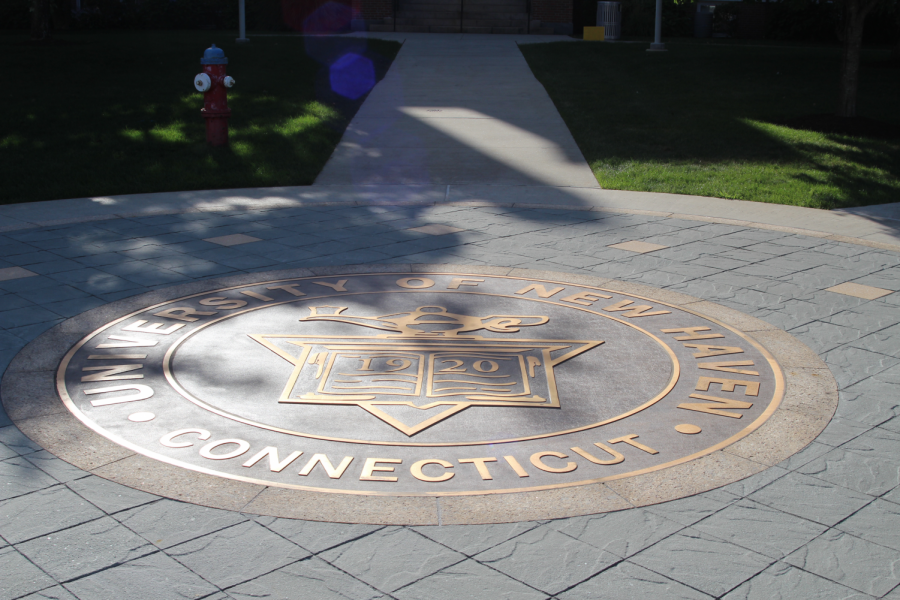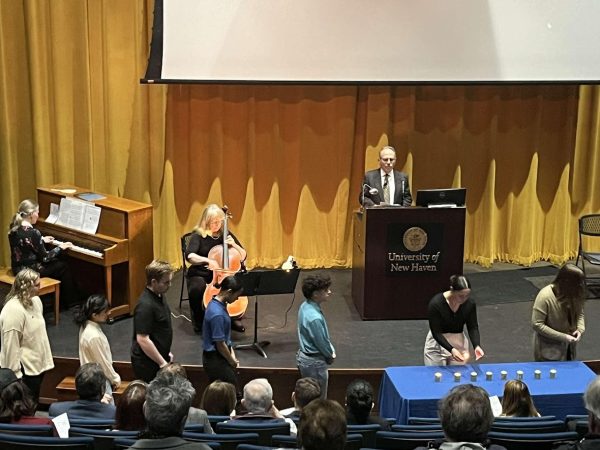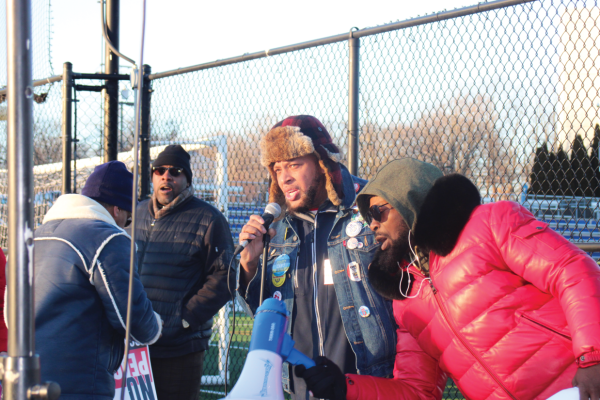Academic policies change as spring semester begins
Because of a shift to online learning and other issues caused by the COVID-19 pandemic, the University of New Haven has enacted new academic policies, including ones outlined by the New England Commission of Higher Education (NECHE).
Following the campus closure in March 2020, the university instituted a new grading policy, where students could change a course to a pass/fail grading system, in which the course would not affect their grade point average (GPA). Additionally, students could take an incomplete on their course in order to complete the work later, without the decision impacting their GPA.
That same semester, the university did not implement an on-camera policy, lasting through the fall, acknowledging that students may not feel comfortable showing themselves on camera. While professors could encourage students to keep their cameras on during class, they could not mandate it nor could they enforce repercussions for students who did not have their cameras on during class.
In a Jan. 7 Facebook town hall meeting, administrators said that students must have their cameras on in Zoom classes in order to promote academic integrity and ensure that students are engaging in classes. Furthermore, this policy was identified as necessary to maintain university program accreditation. Students can be exempted from this mandatory on camera policy through the University Accessibility Resources Center (ARC) if the concern is regarding accessibility or through the Dean of Students Offices for other extenuating circumstances via a form located on all syllabi.
Beginning in the spring 2021 semester, students can no longer utilize the pass/fail option for all courses.
However, many of the academic policies implemented because of COVID-19 remain. In order to continue to follow COVID-19 guidelines, the university is still offering a number of courses in a virtual capacity including asynchronous, synchronous, flex and hybrid courses. Students are still able to withdraw from classes up until the day before finals.
The university will continue to have Re-Charge Days, an initiative that began in the fall 2020 semester that gives students the day off from classes and classwork to compensate for the dissolution of longer breaks such as Spring Break. There will be approximately one Re-Charge Day per month starting in February. For the Feb. 18 and April 19 Re-Charge Days, some classes will still have to meet because of specific program accreditation requirements. These courses are indicated in the University Academic Calendar.
In the town meeting, Provost Mario Gaboury said that the option was revoked to maintain program accreditation at the university. However, students can still claim an incomplete in their courses.
Upon hearing about the changes, students voiced their opinions in the comment section of the town hall.
Junior, national security major, Daphne Schroeder wrote, “All of my classes except for one are still completely online, how can you take away pass/fail when students are still experiencing the same things that they have been for the last two semesters?”
Assistant Provost Glenn McGee wrote in response, “the University of New Haven was among the very last in the world to roll back that policy… the effect of having it [pass/fail option] is that students end up with insufficient grades to have a viable GPA.”
Additional information regarding current COVID-19 related academic policies can be found on the Academic Policy Changes and FAQ’s section on MyCharger.

Isabelle Hajek is a senior at the University of New Haven majoring in psychology with a concentration in forensics and a double minor in criminal justice...











